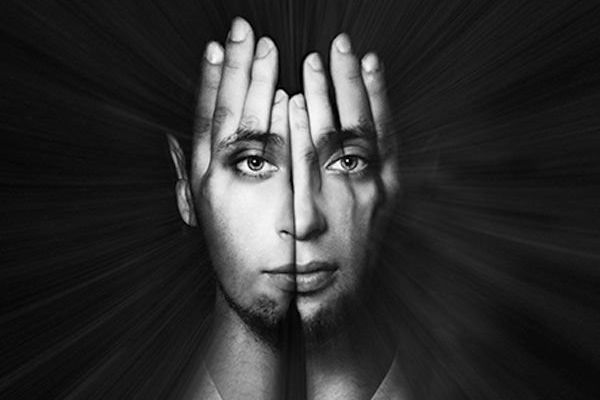Menopausal schizophrenia is more common than many people might realize. Though it's vastly understudied, there is strong evidence of a possible hormonal connection. And to make matters worse, hot flashes and sleep deprivation during the menopausal transition can, in some cases, make mental illness worse.
That's a scary and troubling thought.
Sure is. Since schizophrenia typically surfaces around young adulthood, not many expect women in midlife to experience it for the first time. Known as a "second peak" of first-onset schizophrenia, London scientists discovered this when looking through records in doctors' offices and hospitals and noticed a lot of women being diagnosed with schizophrenia after the age of 45.
And, it's hormones, I presume?
You may call the ups and downs of your hormones "crazy-making"—and that wouldn't be a bad description. But here's the thing: That description does many women a disservice, because we're dismissed with the stereotypical notion that menopausal, midlife women are mad, crazy lunatics.
Rather than throw around those words, it's important to realize that there is truth to the connection between menopause and mental illness.
"Female hormonal cycles are real, and they can sometimes affect our health," writes Lisa Miller, author of a December 21, 2018, cover article in New York Magazine. "And that needs to be taken seriously and not just dismissed as whining or complaining or relegated to the margins of medicine as 'women's trouble.'"
Tell me more.
Apparently, if you dig deep enough or talk to enough women, you see it's real—stories of women hearing voices, feeling paranoid, experiencing delusions and hallucinations, verbal outbursts: those are some of the hallmark signs of schizophrenia. But in the past, you couldn't be labeled schizophrenic if you were older than 40. So naturally, there's not a lot of information relating menopause to schizophrenia (and hence a lot of misinformation), nor is there enough scientific research being done.
Hmm, it all sounds very unfair.
Yes, it certainly can be. It can be challenging enough coping with and managing a mental illness. But for women who experience schizophrenia later in life and receive incorrect diagnoses (like "psychosis not otherwise specified"), well, that's another kettle of fish. These women are often diagnosed incorrectly and treated with the wrong medications.
What do the studies and experts say?
One review published in the European midlife health journal Maturitas said that there was "relatively sparse literature" on schizophrenia during menopause and said attention should be paid to menopausal symptoms in women with schizophrenia, because the illness could worsen around that time.
Another study, published in a 2016 issue of Mental Health and Family Medicine, acknowledged that the connection between hormonal changes and schizophrenia "can be the catalyst in women with an underlying risk for schizophrenia." The study, which cited case studies of patients, also said that other mental illnesses could worsen during menopausal transition, due to hormonal changes, most likely hypoestrogenism (which means an estrogen deficiency). "First episode psychosis during the fifth decade of life is not a rare occurrence for women," writes the study author, Elizabeth A. Crow.
So, what's the moral of the story?
If you're menopausal and feeling any symptoms of schizophrenia, don't just ignore it or write it off as menopause-mania or whatever else people like to call it. Pay attention and seek the help of a health care professional.
Experts agree that women, beginning in their mid-40s, appear to be hormonally vulnerable and are part of the group that experiences the second schizophrenia peak. And since hormones can be a contributing factor, some say that supplemental use of hormones may be helpful, in addition to antipsychotic medication. Read more about hormone replacement therapy.







